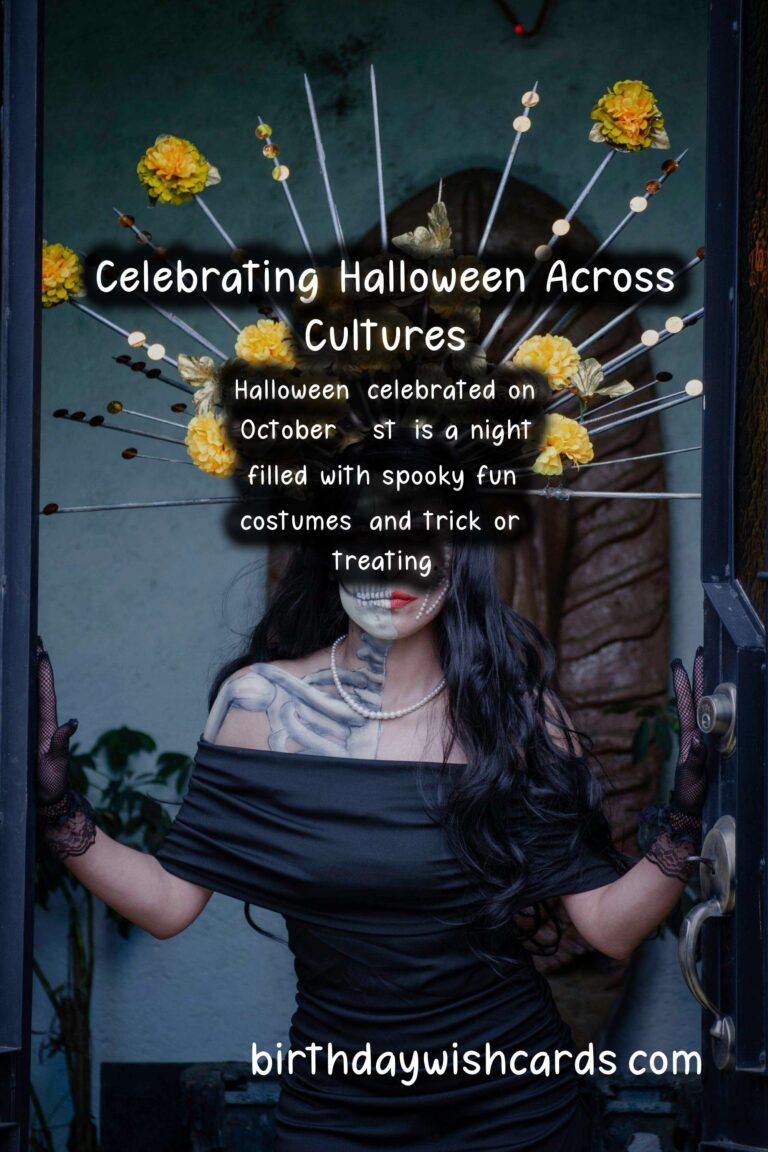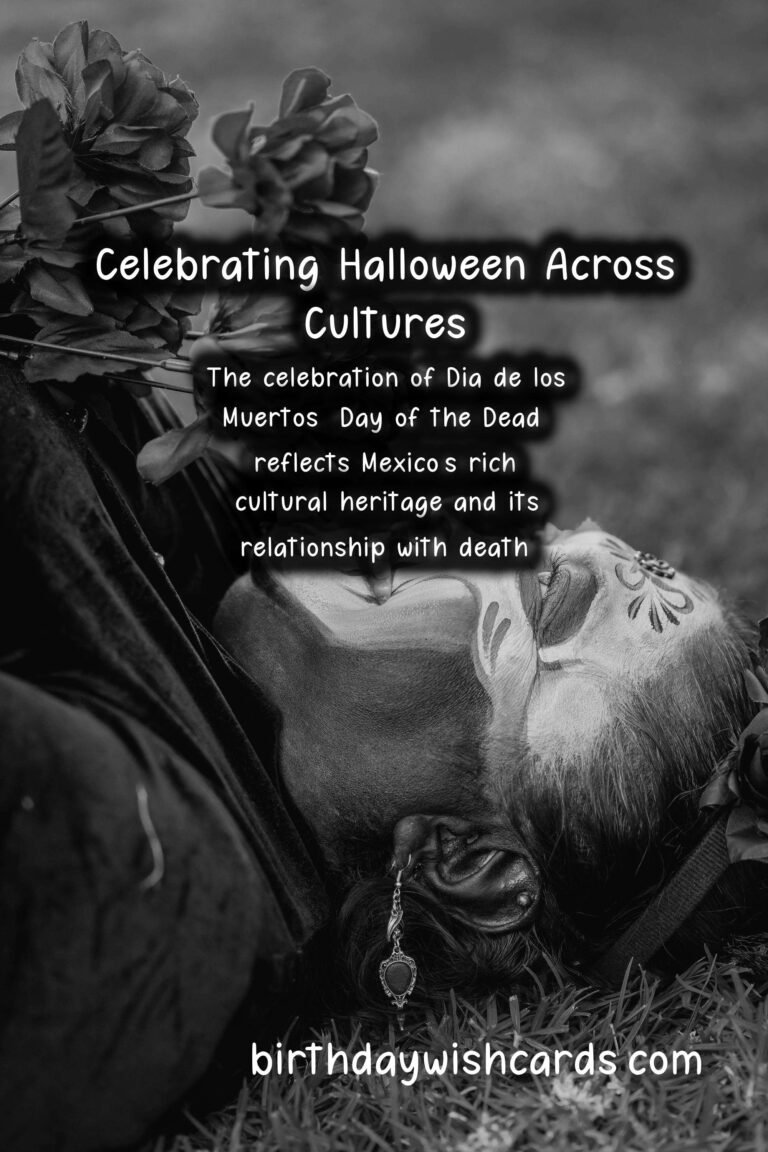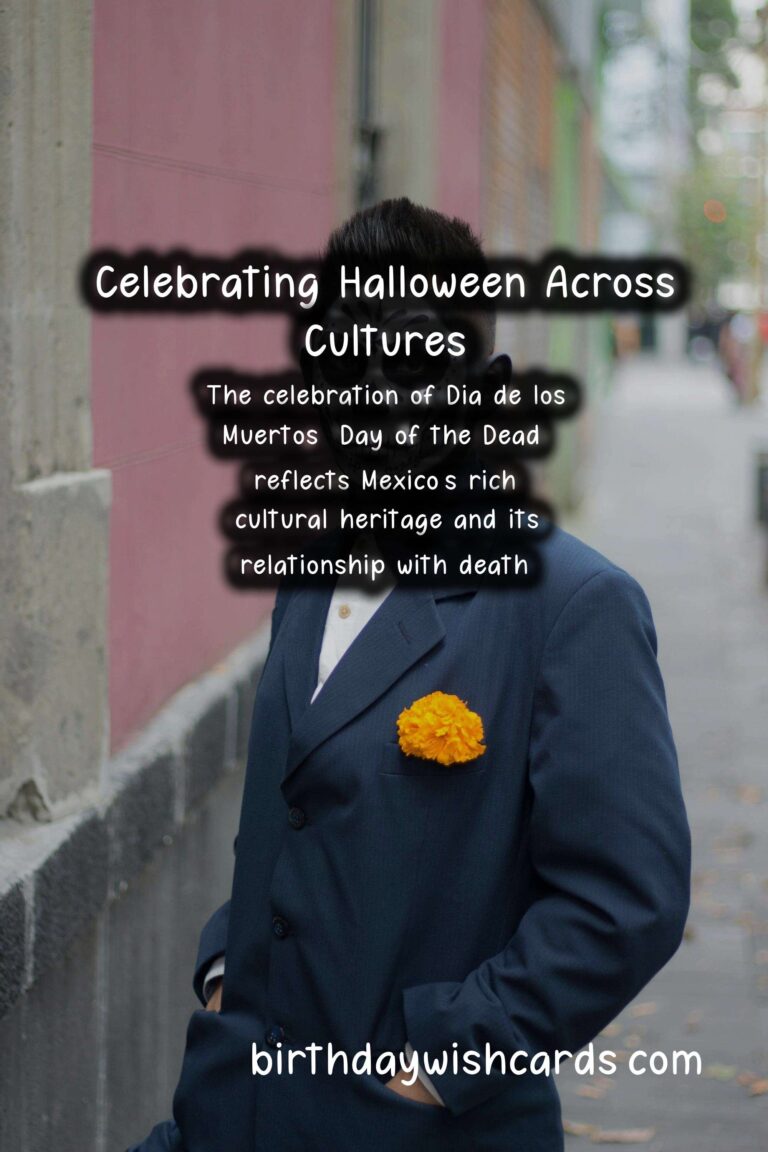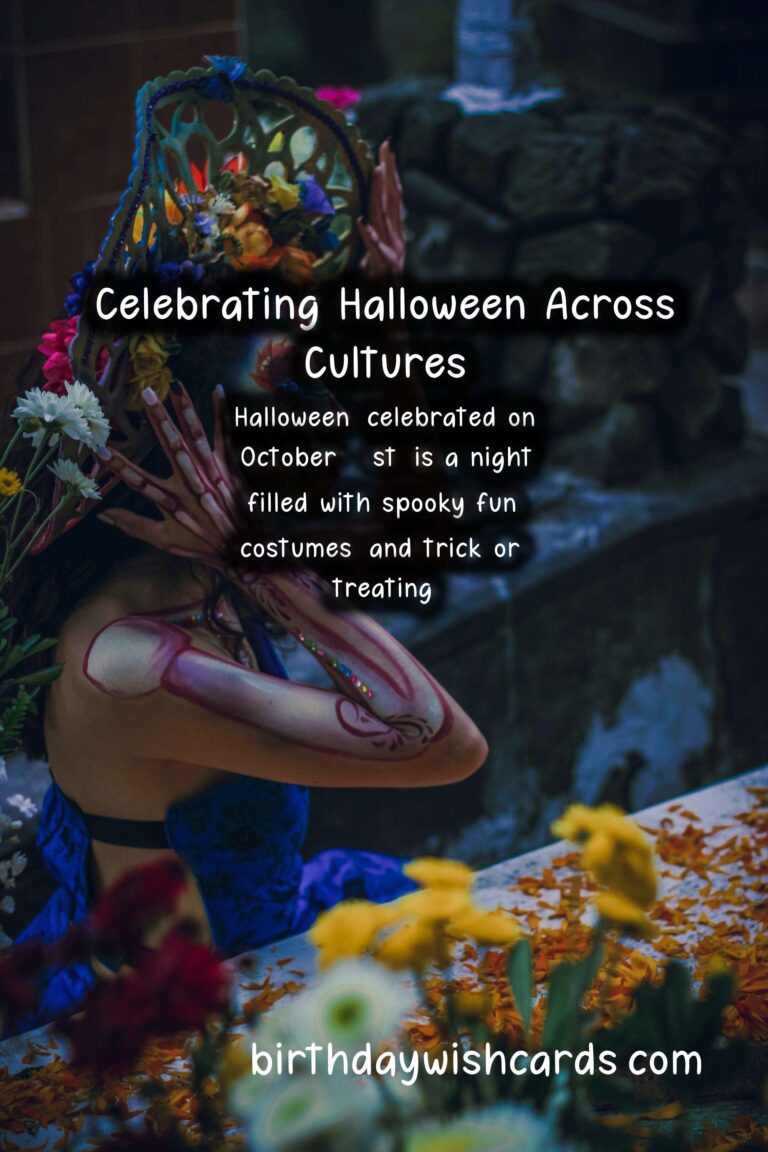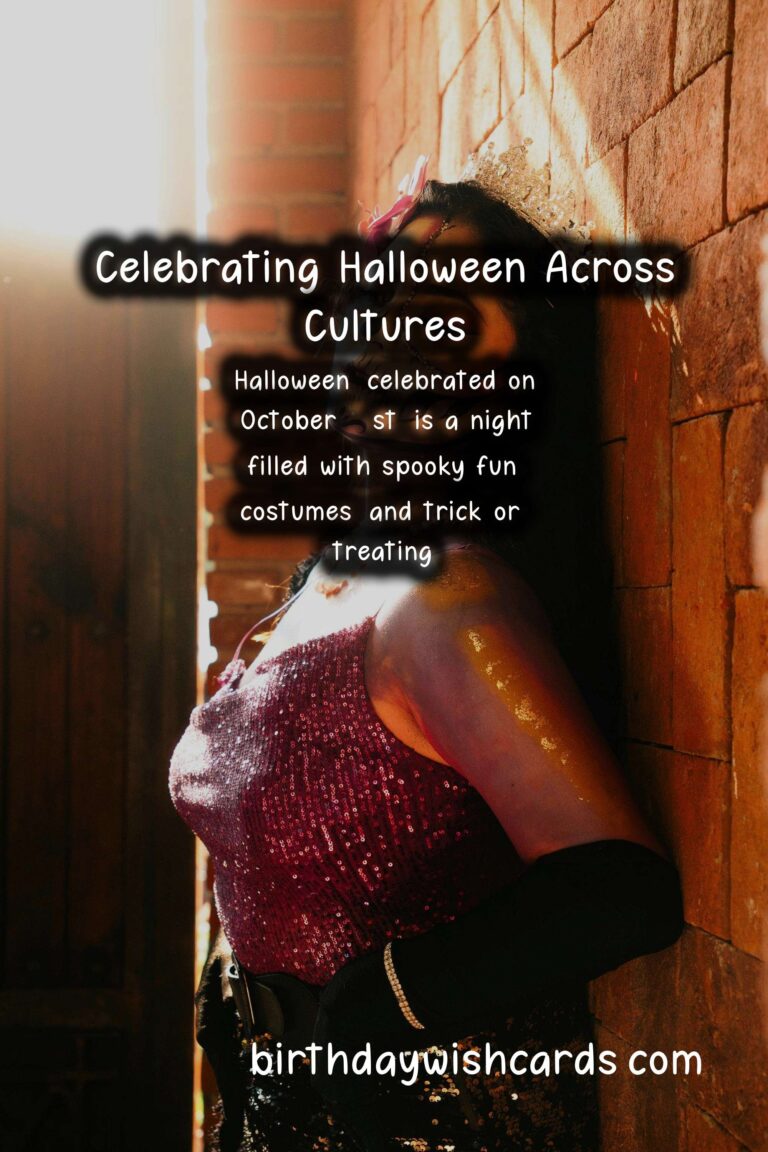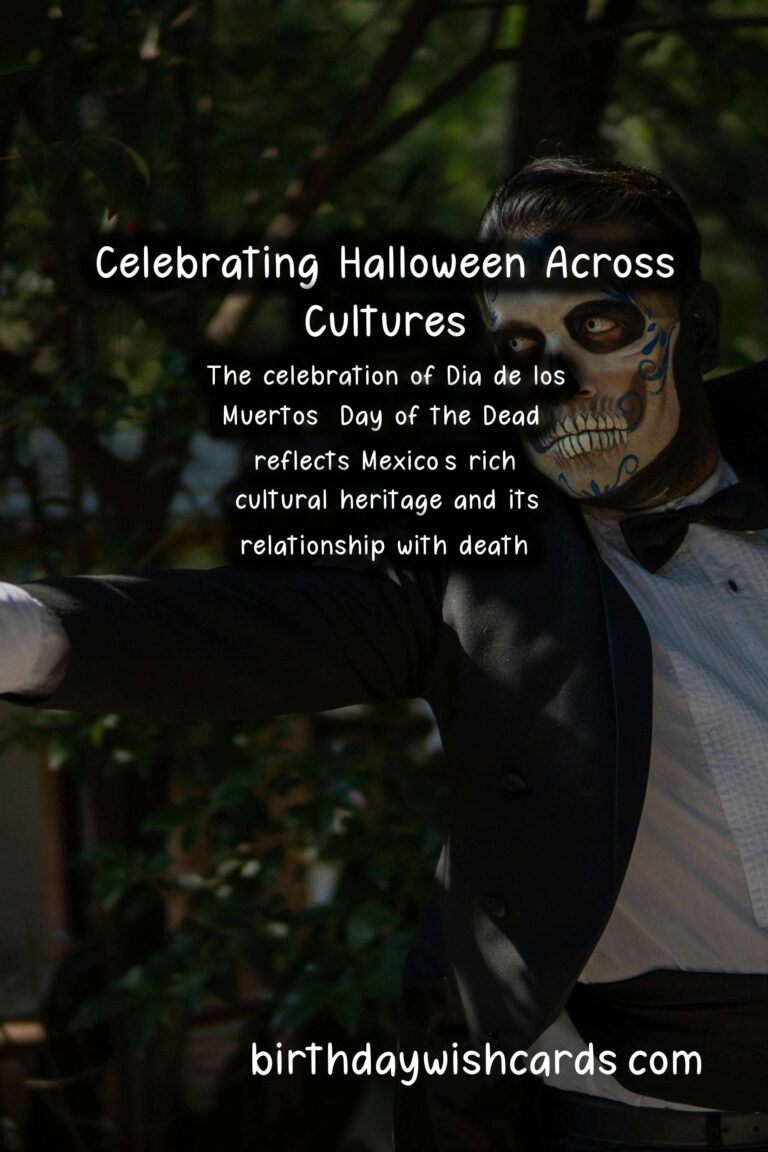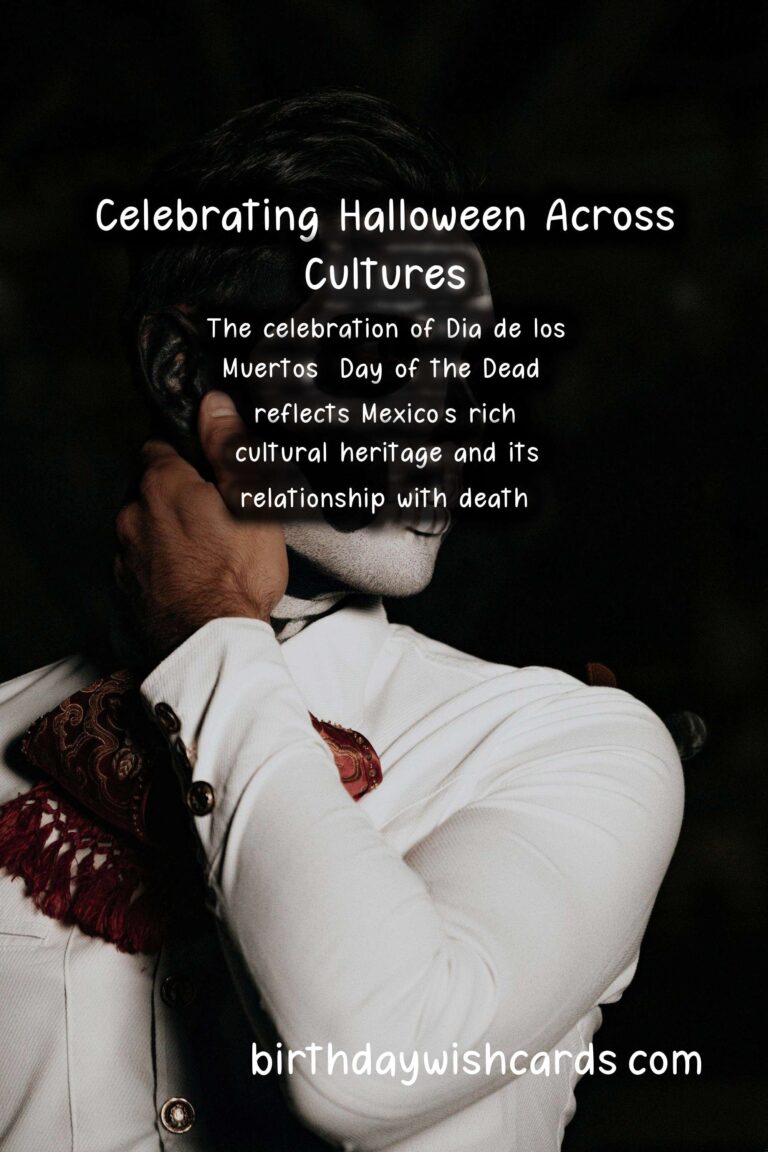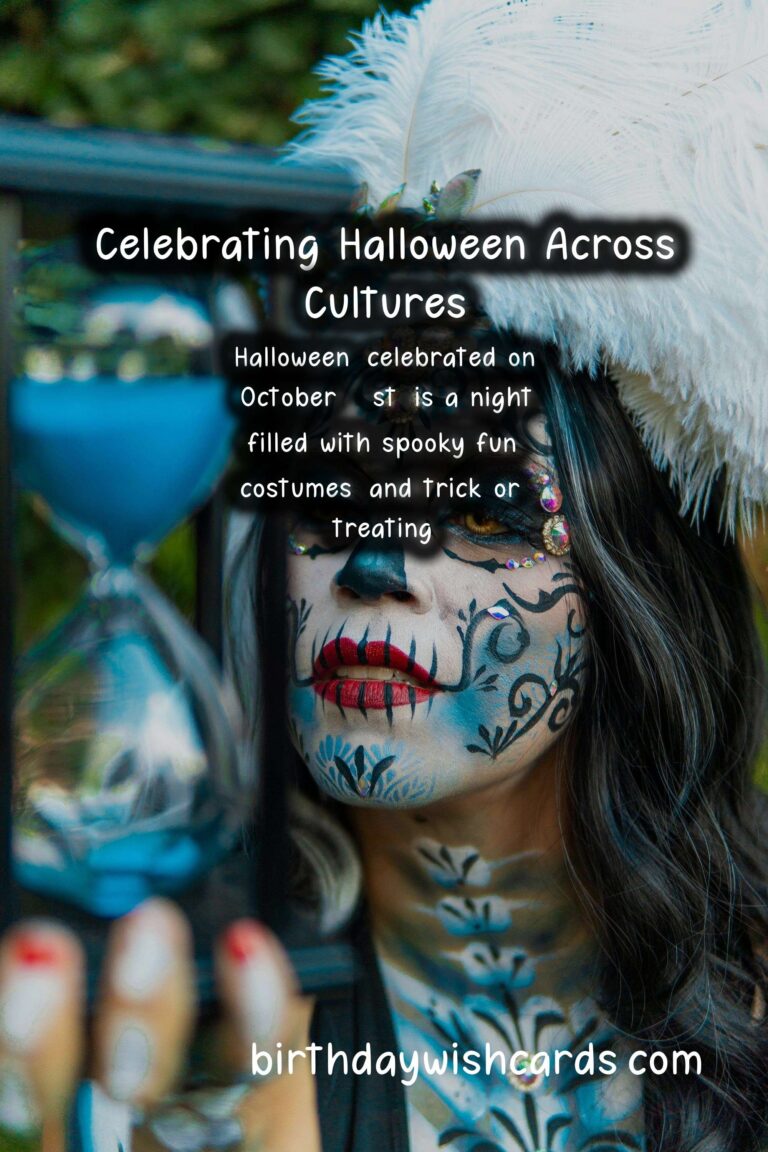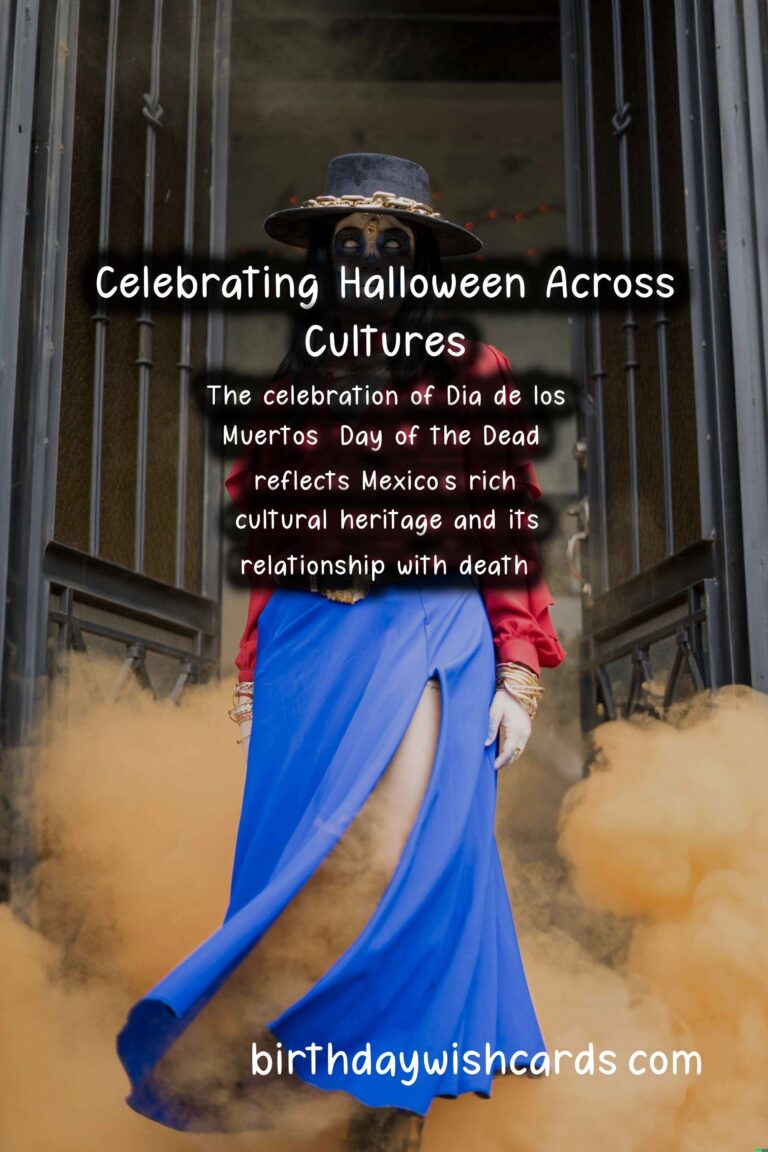
Halloween, celebrated on October 31st, is a night filled with spooky fun, costumes, and trick-or-treating. While its origins are often traced back to the ancient Celtic festival of Samhain, Halloween is a significant cultural event in various countries around the world. This article explores the importance of Halloween across different cultures and how its traditions have evolved over time.
Historical Background of Halloween
Halloween’s roots can be traced back over 2,000 years to the Celtic festival of Samhain. This festival marked the end of the harvest season and the beginning of winter, a time when it was believed that the boundary between the living and the dead was blurred.
During Samhain, people lit bonfires and wore costumes to ward off roaming ghosts. The name Halloween itself is derived from “All Hallows’ Eve,” the night before All Saints’ Day, which was established by the Catholic Church to honor saints and martyrs.
Halloween in the United States
In the United States, Halloween has become one of the most popular holidays, particularly among children. It is celebrated with costumes, street parties, and the famous tradition of trick-or-treating. Children dress up in various costumes and go door-to-door asking for candy.
The commercialization of Halloween has led to a wide array of décor, themed parties, and haunted attractions, making it a significant part of American culture. Communities often hold Halloween parades, festivals, and spooky-themed events that bring people together.
Dia de los Muertos in Mexico
In Mexico, the celebration of Dia de los Muertos (Day of the Dead), which occurs on November 1st and 2nd, reflects the country’s rich cultural heritage and its relationship with death. Although it coincides with the timing of Halloween, Dia de los Muertos is a vibrant celebration that honors deceased loved ones.
Families create altars, or ofrendas, with photographs, favorite foods, and other items to remember those who have passed. This holiday symbolizes the belief in the continuity of life and the joy of celebrating those who have died.
Halloween Traditions in Europe
Across Europe, Halloween traditions vary significantly. In Ireland, the birthplace of Samhain, it is celebrated with bonfires and traditional games. In Scotland, people would carve turnips instead of pumpkins, a practice that dates back centuries.
In Italy, children dress up and go from house to house for treats, a custom similar to trick-or-treating, while in Germany, Halloween is not as widely celebrated but is gaining popularity. The movement has been fueled by American culture, and people are beginning to embrace its festivities.
Halloween in Asia
In various parts of Asia, Halloween influences can also be observed, especially in countries like Japan, where it is celebrated by young people who love dressing up in unique costumes, often influenced by anime and video games.
More traditional celebrations around similar themes include the Hungry Ghost Festival in China, where offerings are made to appease spirits, highlighting cultural reverence for ancestors similar to those seen in Dia de los Muertos.
The Global Influence of Halloween
As globalization continues to spread various cultural practices worldwide, Halloween has transcended its origins to become a global phenomenon. Its influence is seen in the rise of Halloween-themed events, parties, and costume stores in countries where it was previously not celebrated.
Many cultures now incorporate Halloween elements into their traditional celebrations, blending local customs with Halloween themes, creating a unique cultural fusion.
Conclusion
Halloween has evolved from its Celtic origins into a multifaceted celebration that encapsulates a variety of cultural themes. Its significance can be observed in different cultures, illustrating how people around the world honor their ancestors, celebrate life, and engage with the concept of mortality.
As you prepare for this enchanting holiday, remember the cultural richness it embodies and the stories it tells about life, death, and remembrance across the globe.
Halloween, celebrated on October 31st, is a night filled with spooky fun, costumes, and trick-or-treating. The celebration of Dia de los Muertos (Day of the Dead) reflects Mexico’s rich cultural heritage and its relationship with death. 
